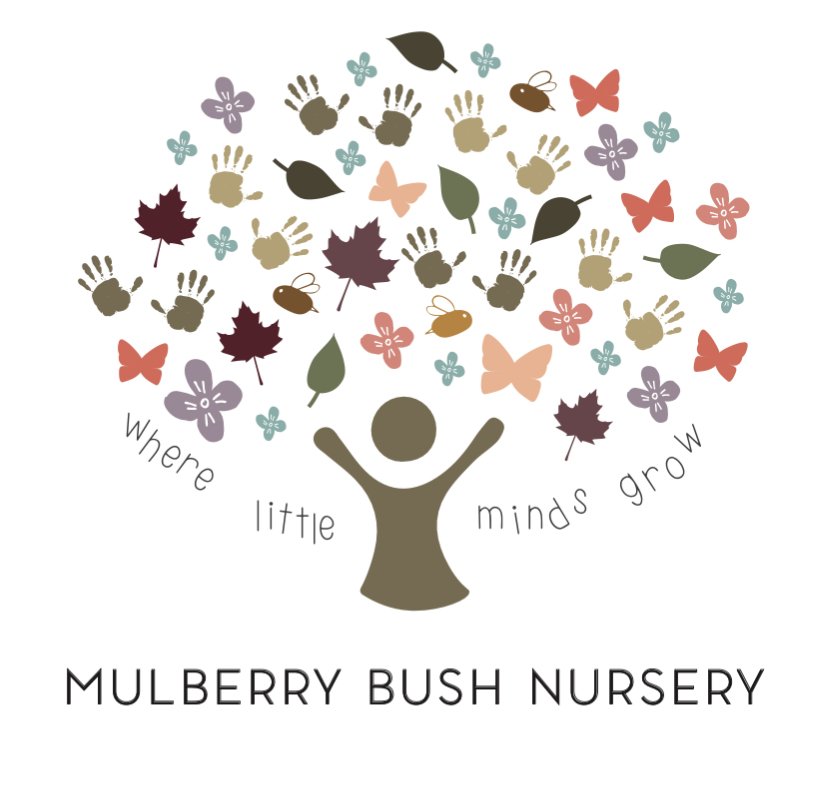Parental involvement Policy
Policy:
We believe that children benefit most from early years education and care when parents and settings work together in partnership.
Our aim is to support parents as their children's first and most important educators by involving them in their children's education and in the full life of our setting. We also aim to support parents in their own continuing education and personal development.
Some parents are less well represented in early years settings; these include fathers, parents who live apart from their children, but who still play a part in their lives, as well as working parents. In carrying out the following procedures, we will ensure that all parents are included.
When we refer to ‘parents’, we mean both mothers and fathers; these include both natural or birth parents, as well as step-parents and parents who do not live with their children, but have contact with them and play a part in their lives. ‘Parents’ also includes same sex parents, as well as foster parents.
The Children Act (1989) defines parental responsibility as 'all the rights, duties, powers, responsibilities and authority which by law a parent of a child has in relation to the child and his property’. (For a full explanation of who has parental responsibility, refer to the Pre-school Learning Alliance publication Safeguarding Children.)
Parents are made to feel welcome in our setting; they are greeted appropriately, there is adult seating and provision for refreshment.
We have a means to ensure all parents are included - that may mean that we have different strategies for involving fathers, or parents who work or live apart from their children.
We make every effort to accommodate parents who have a disability or impairment.
We consult with all parents to find out what works best for them.
We ensure on-going dialogue with parents to improve our knowledge of the needs of their children and to support their families.
We inform all parents about how the setting is run and its policies, through access to written information and through regular informal communication. We check to ensure parents understand the information that is given to them.
Information about a child and his or her family is kept confidential within our setting. The exception to this is where there is cause to believe that a child may be suffering, or is likely to suffer, significant harm, or where there are concerns regarding child’s development that need to be shared with another agency. We will seek parental permission unless there are reasons not to in order to protect the safety of the child. Reference is made to our Information Sharing Policy on seeking consent for disclosure.
We seek parental consent to administer medication, take a child for emergency treatment, take a child on an outing and take photographs for the purposes of record keeping.
The expectations that we make on parents are made clear at the point of registration.
We make clear our expectation that parents will participate in settling their child at the commencement of a place according to an agreed plan.
We seek parents’ views regarding changes in the delivery of our service.
Parents are actively encouraged to participate in decision making processes according to the structure in place within our setting.
We encourage parents to become involved in the social and cultural life of the setting and actively contribute to it.
As far as possible our service is provided in a flexible way to meet the needs of parents without compromising the needs of children.
We provide sufficient opportunity for parents to share necessary information with staff and this is recorded and stored to protect confidentiality.
Our key persons meet regularly with parents to discuss their child’s progress and to share concerns if they arise.
Where applicable, our key persons work with parents to carry out an agreed plan to support special educational needs.
Where applicable, our key persons work with parents to carry out any agreed tasks where a Protection Plan is in place for a child.
We involve parents in the shared record keeping about their children - either formally or informally – and ensure parents have access to their children's written developmental records.
We provide opportunities for parents to contribute their own skills, knowledge and interests to the activities of the setting.
We support families to be involved in activities that promote their own learning and well-being; informing parents about relevant conferences, workshops and training.
We consult with parents about the times of meetings to avoid excluding anyone.
We provide information about opportunities to be involved in the setting in ways that are accessible to parents with basic skills needs, or those for whom English is an additional language; making every effort to provide an interpreter for parents who speak a language other than English and to provide translated written materials.
We hold meetings in venues that are accessible and appropriate for all.
We welcome the contributions of parents, in whatever form these may take.
We inform all parents of the systems for registering queries, complaints or suggestions and we check to ensure these are understood. All parents have access to our written complaints procedure.
We provide opportunities for parents to learn about the curriculum offered in the setting and about young children's learning, in the setting and at home. There are opportunities for parents to take active roles in supporting their child’s learning in the setting: informally through helping out or taking part in activities with their child, or through structured projects engaging parents and staff in learning about children’s learning.
In compliance with the Safeguarding and Welfare Requirements, the following documentation is also in place at our setting:
Admissions Policy.
Complaints procedure.
Record of complaints.
Developmental records of children.
